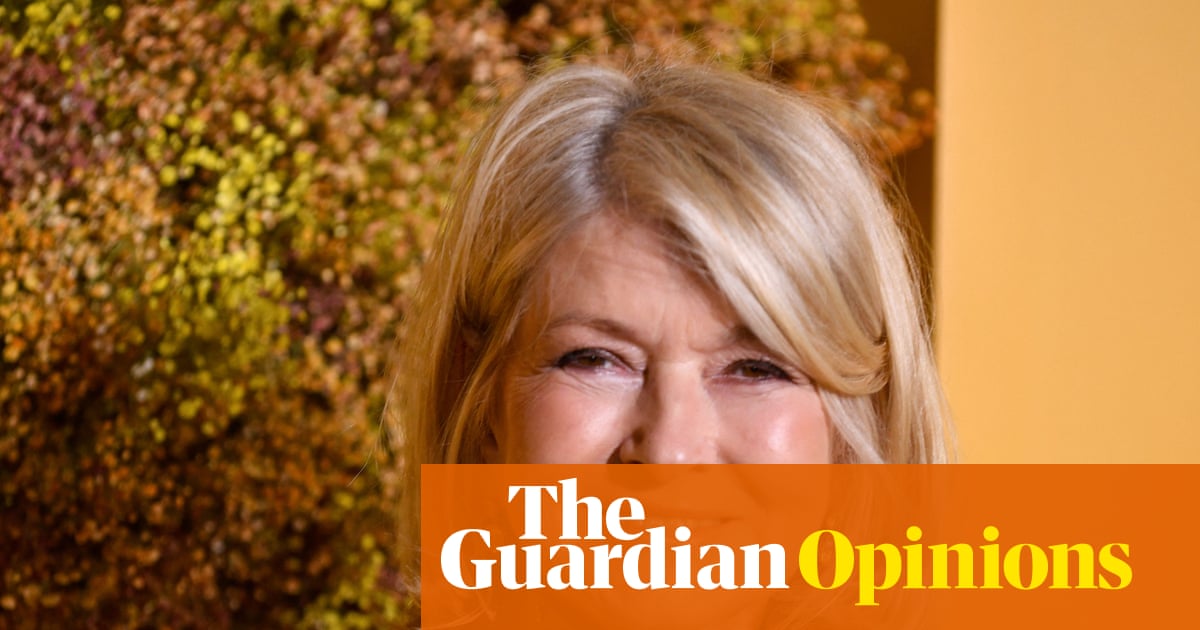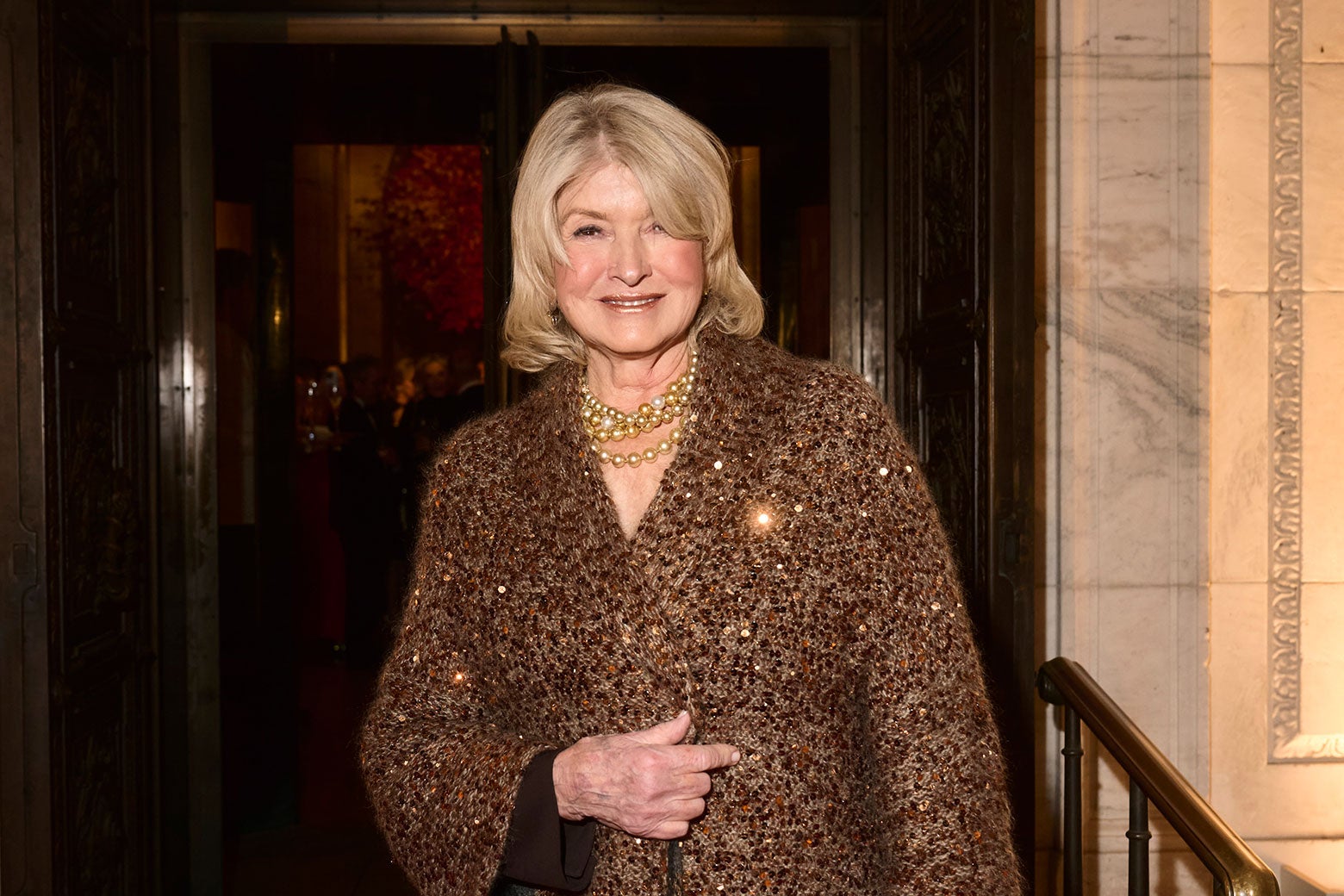#domesticity
#domesticity
[ follow ]
#martha-stewart #tradwife #celebrity-branding #film #postpartum-themes #lynne-ramsay #jennifer-lawrence #tradwives
fromThe New Yorker
1 week agoClaire-Louise Bennett's Misanthropic Breakup Novel
An obsessive, tortured domesticity runs through the fiction of Claire-Louise Bennett. The narrator of "Pond" (2015) forms an uncommon attachment to her seaside cottage: she takes great pains with the arrangement of her breakfast and her garden, organizing crockery "into jaunty stacks along the window ledge" and spending a memorable chapter on the deteriorating control knobs of her mini-kitchen. "Checkout 19" (2021), by contrast, is haunted by the absence of a proper home and the despair of unbelonging.
Books
fromwww.theguardian.com
1 month agoFrom Nazi Germany to Trump's America: why strongmen rely on women at home
In 1980, Gertrud Scholtz-Klink, an unrepentant former leader of the Nazi women's bureau in Berlin from 1934 to 1945, described her former job to historian Claudia Koonz as influencing women in their daily lives. To her audience approximately 4 million girls in the Nazi youth movement, 8 million women in Nazi associations under her jurisdiction, and 1.9 million subscribers to her women's magazine, Frauen Warte, according to Koonz Scholtz-Klink promoted what she called the cradle and the ladle, or reproductive and household duties as essential to national strength.
History
[ Load more ]

